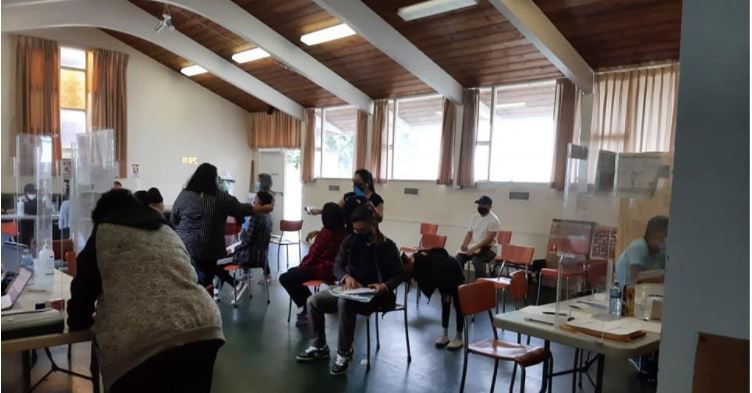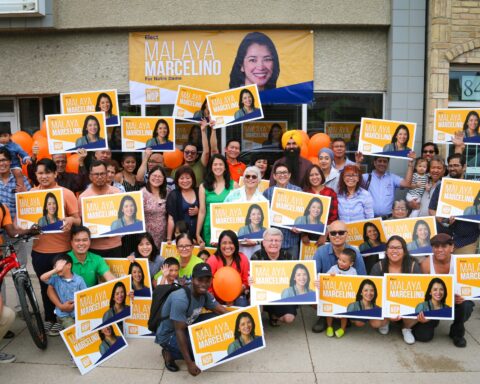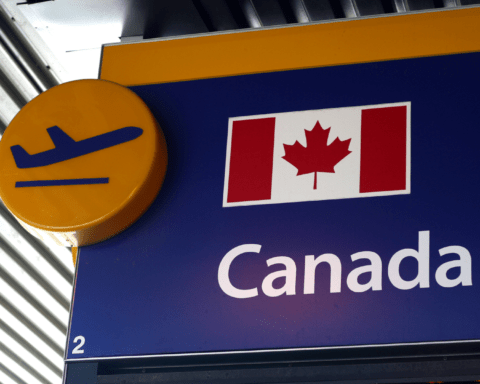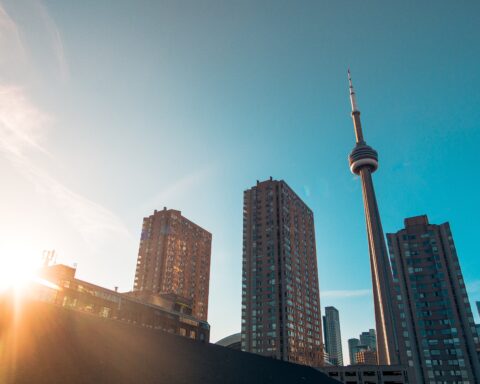The Philippines’ Commission on Elections (Comelec) on Wednesday extended the deadline to register for overseas absentee voting (OAV) until Oct. 14. Registration is required to allow eligible overseas Filipinos to vote in the 2022 national elections.
The extension is welcome news to Filipino migrant rights advocates in Canada, who have been calling on the Philippine government to extend the deadline as pandemic lockdowns have slowed down operations of diplomatic posts worldwide. However, they also said two weeks is not enough to reach out to more Filipinos, particularly those who are living or working far away from consular offices.
“It is a big gain to Filipinos … who asked for [an] extension of the voting registration,” said Erie Maestro, coordinator of 1Sambayana Canada Chapter, adding that it would not have been possible if overseas Filipinos, the youth, and other groups had not demanded it.
“I doubt if Comelec would have made this extension, knowing that the responses we got [were] a ‘No”. But they did because [they] listened.”
Extensive lobbying
Maestro, with the support of other Filipino groups and individuals in Canada, earlier wrote to the Comelec asking for an extension of the deadline primarily due to COVID-19 lockdowns.
In a response last August, Comelec said that, en banc, it had decided not to extend the registration deadline because “(a)ny further extensions [would] have a cascading effect on the election preparation,” the letter addressed to Maestro read.
On Sept. 1, Migrante International also wrote to the Philippine Congress asking for an extension of the registration deadline.
“Philippine embassies and consular offices in various countries have also limited their days and hours of operations for the past year and a half, thus limiting the number of people they serve each day, making it difficult for those who want to register to vote,” said the letter addressed to chairperson Rep. Juliet Ferrer and members of the House Committee on Suffrage and Electoral Reforms.
Too short
“This extension is too short, and it wouldn’t make any difference, most especially now in Alberta where new COVID-19 cases remain [one of] the highest in the country. People are very reluctant to travel,” said Clarizze Truscott, vice-chair, Migrante Canada, who is based in Alberta.
The Philippines’ Commission on Elections services must be accessible, she added, with outreach missions in areas where many Filipinos live and work but are far from consular offices.
She added that Migrante has been helping promote registration awareness through social media and coordinating with other Filipino groups in Red Deer (almost two hours away from the consular office in Calgary), Fort McMurray (seven hours away) and Fort Saskatchewan (three hours).
Stef Martin, secretary-general of Migrante Canada, said that some Filipinos are not available to register during office hours. Some Filipinos, living or working away from cities where the diplomatic posts are located, also cannot afford the commute.
“[The extension] does not give enough time for more consular visits especially to areas that are far from the three consulates [in Toronto, Vancouver and Calgary] and embassy in Ottawa. We have already presented our concerns and the difficulties of overseas registration, and yet, only two weeks were granted for this extension,” she said.
Maestro added that “if you want voters to exercise their right to vote, you make it easy [for them to register for overseas voting].”
“If we don’t give the Filipino voters the chance to vote, then they cannot vote to say ‘No’ to the current regime or to vote ‘Yes’ to other people who are promising good governance,” she said.
1Sambayan and other community partners have been conducting outreach to educate kababayans (compatriots) of their right to vote. But lockdowns have been a challenge until recently.
Maestro said that in Vancouver, B.C., groups started their outreach only in 2021 — for “valid reasons.”
Absentee voting registration wasn’t in anybody’s mind prior to 2021, she said. Instead, what was top of mind in 2020 was surviving the global pandemic, economically and health-wise. And vaccines only became mainstream this year, leading to more relaxing of COVID-19 restrictions, she added.
Maestro said groups in B.C. have been coordinating with the local diplomatic post, the Philippine Consulate General Vancouver, to facilitate registration.

One outcome of this coordination was an outreach last Aug. 20 at the St. Mary’s, South Hill, a migrant ministry.
In Toronto, Migrante did outreach inwards Toronto where there are large Filipino communities. These include St. James Town in downtown Toronto and Earl Bales Park in the west of the city, near an area known locally as Little Manila.
Diplomatic posts
The Comelec also said, in the same response to Maestro, that despite the pandemic, consulates in Vancouver and Toronto have already done several field registration activities since July 2020. But they also noted that some scheduled field registrations had to be cancelled due to “pandemic related travel restrictions.”
Indeed, a consular outreach mission for Yellowknife, N.W.T. scheduled for Sept. 18-19 was postponed until further notice due to “guidance and restrictions from N.W.T. public health authorities.” The “territory-wide Public Health Emergency” has been extended up to Sept. 28.
The Philippine Embassy in Ottawa, Ont., in September conducted a mobile outreach mission in Montreal, Que., two hours away and home to about 35,000 Filipinos. The Embassy said most of these kababayans were unable to travel to Ottawa due to COVID-19 travel restrictions.
The Philippine Consulate General of Toronto said last August that they have conducted almost 1,600 consular services, including overseas voting registration, in Manitoba.
Apart from these outreach missions, eligible Filipinos can personally go to the foreign service posts to register.
Veronica Silva Cusi is a multimedia journalist and researcher with more than two decades of experience as a reporter/writer and editor. She also taught journalism and communication courses for 14 years at the university level. Veronica also writes and edits technical reports, such as research reports and training materials, and marketing communications materials, such as brochures and newsletters. Veronica holds two master’s degrees -- in communication research and journalism. She also conducted media training while a university lecturer.





